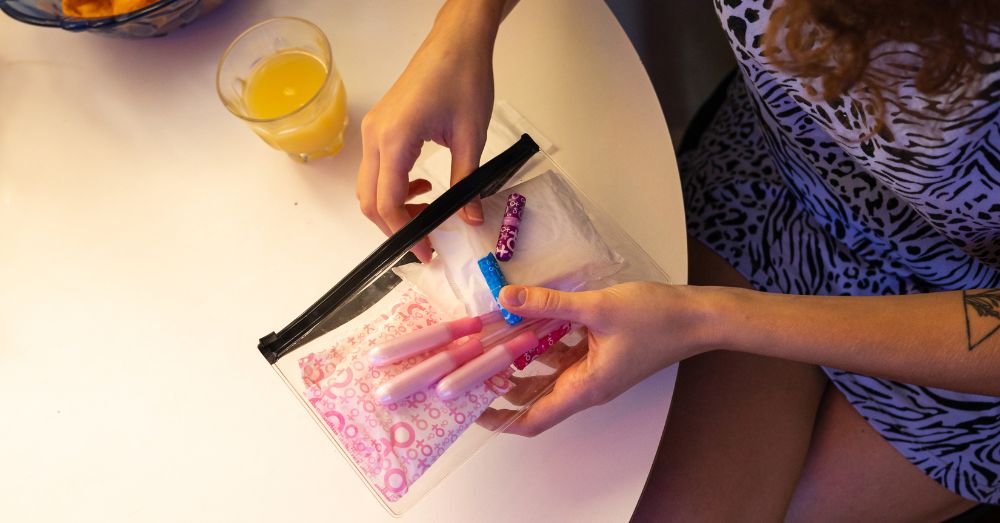Periods- the buzzword that ended 2023 in a debate about women’s bodies and choices yet again. It was 1978 when Gloria Steinem wrote a masterpiece on menstruation “If Men Could Menstruate” and nearly half a century later, it holds the same power because if they did, we wouldn’t be having this debate at all.
The arguments put forth by both men and women only make us realize that people look at women’s health in such a vacuum without questioning the economic ideas and industry ethics at all, not thinking that they were made at a time when women were not even taken into account, for men by men.
We’re almost in 2024 and household work is still “too complex” to be computed as an economic activity. It is almost as if humanity has forgotten or never even taken the time to understand the pink tax and economy that pushes all women into paying higher taxes for feminine products or even marked-up prices for menstrual hygiene. Women are already getting almost 20% lesser wages in India alone even after working tirelessly every day, even on their periods.
In economic terms, paid period leaves have already been a part of rapidly growing and successful economies like Japan, South Korea, Spain, Taiwan and Indonesia. The ones arguing for “misuse”, a term that gets reawakened every time a debate opens on women’s sexual issues and body autonomy, what benefit does an organization make from dragging a person to work in terms of productivity when they wish to have a break?
The expected misuse of period leave can only allude to the lack of other compensations within the system such as R&R policies and other leaves that a woman will be forced to choose her painful-day respite for other work or rest. Instead of asking for the empowerment of employees and strengthening of corporate social responsibility, people choose to speak against granting women a choice just because their biological needs are different from yours.
Women arguing against the leave, giving in to the systemic patriarchal practices, are choosing to support a system that is so rigid that they cannot grant them a few days of rest. The same argument of bias in the hiring process would have been true when maternity leaves were debatable, now they are a norm. Change does not happen overnight. The top-down policy change of period leaves will have to be supported by grassroots changes in behaviour towards menstruation, normalizing conversations around it and treating it as a diverse experience.
Periods, as much as women would want, are not a choice. Science has unfortunately not evolved to the point where we choose our pain levels and how our mood and body choose to act on periods. Periods are also different for every woman. To those saying women have been strong till now, kudos to the ones who could be like the girls in the pad ads, most of us cannot.
We have painful periods and we’ve to pop pills, use heating pads and torture ourselves to move on with the day. The generalization of period experience is part of the problem. Women in the past chose to be strong because they had no other choice. Many of us did not want to work and show the same level of enthusiasm when my cramps were killing us but we had to because it would come with negative consequences.
Period leaves are important so that women have a valid option to choose to stay home without facing these consequences and their well-being should be prioritized. Period leaves are a source of empowerment to enable women to make a choice. They are not enforced on anyone who chooses to go to work. Nobody should have the power to take away this option from a woman who is struggling to push through these difficult days.
